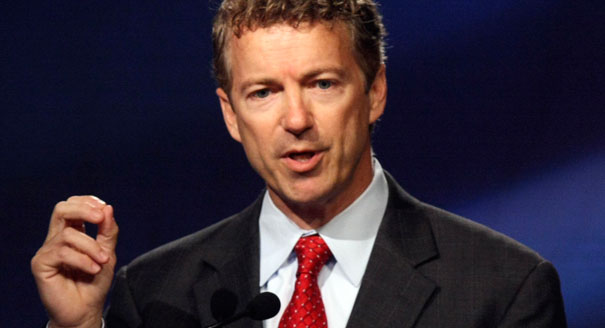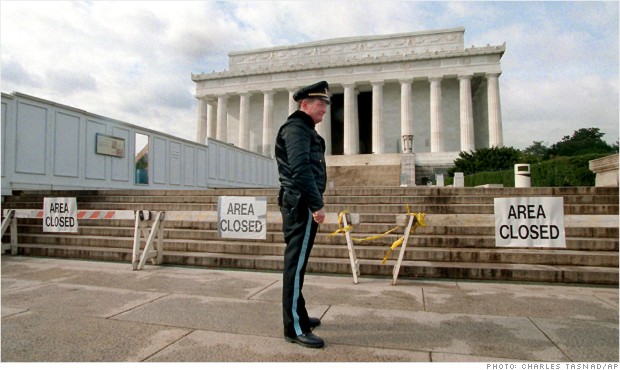The Tea Party does not have a lot of friends in Washington. Conventional wisdom–the sort of thing you hear on NPR, for example–is that the GOP has redistricted itself to death. By creating solid red districts, they’ve turned over power to the loonies on the fringe. Complementary theories include the notion that the Tea Party consists of a bunch of delusional fools who are shoveling their hard earned life-savings to snake oil selling PACs who have no interest in making real changes, but just want to make a buck off of gullible fools.
Both of these narratives tap into deep political stereotypes, but neither actually make much sense. The problem with the gerrymandering explanation is that it’s the opposite of how gerrymandering actually works. Not that I’m defending redistricting games, but the essence of gerrymandering is called “packing and cracking“, and it means you pack your opposition into dense, homogeneous districts but you crack (spread out) your own supporters as much as possible. Think about it for a minute, if you’ve got 5 districts and the overall population is basically 50/50 Democrat and Republican, do you (as a Republican) want to put all of your voters in one dark red district and leave the Democrats to have 4 very slightly blue districts? No: that’s how you lose an election, not how you win it. The idea that the GOP created a bunch of ultra-conservative districts doesn’t make any sense.
Meanwhile, the idea of the huckster political operative taking grandma and grandpa’s money to go off on a doomed crusade to end Obamacare taps nicely into images of televangelist faith healers (i.e. negative stereotypes of the religious right) and the influential What’s the Matter With Kansas?, but all it really does is expose liberal arrogance. The idea is that conservatives are just too darn stupid to know what’s good for them (i.e. liberal policies) when the reality is that conservatives have different values than liberals. For example, conservatives believe that passing on staggering amounts of debt to their children is morally reprehensible and are willing to sacrifice their own interests to stop it.
But is this just spin? Nope, it turns out there are some pretty hard numbers behind this. I got tipped off to that fact when a Facebook friend posted this Washington Times opinion piece: Tea Party Loosens K Street’s Stranglehold on the GOP. The thesis of the article is pretty simple: before the Tea Party, Republican candidates depended on cash from big business and lobbyists to run their campaigns. But a proliferation of ideological PACs provided an alternative source of funds separate from the interests of big business. Carney, who wrote the piece, concludes that Tea Party candidates are therefore getting their money from small business owners and retirees: individuals.
I don’t think the article backs this up solidly, but the same friend who posted it followed it up with this:










